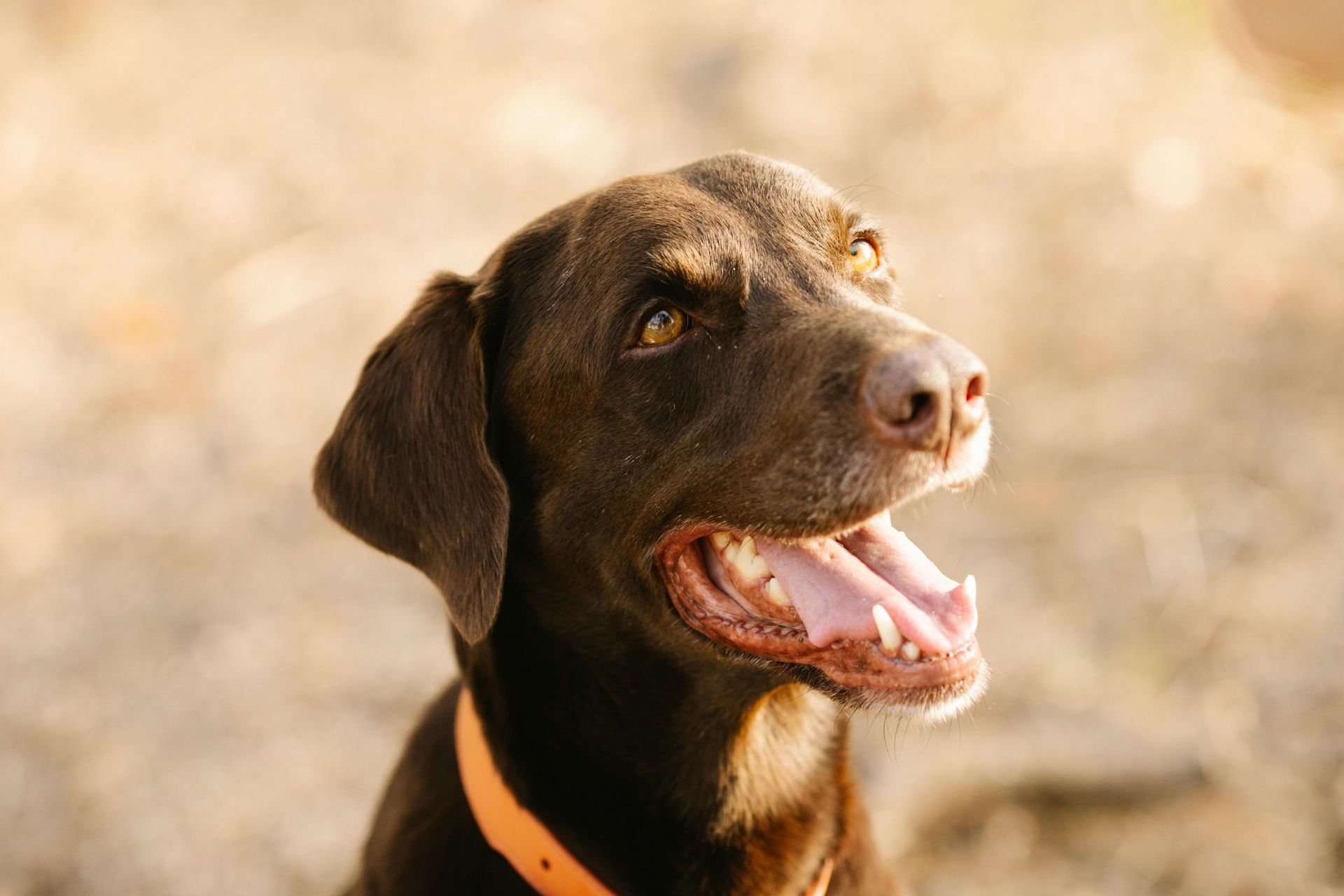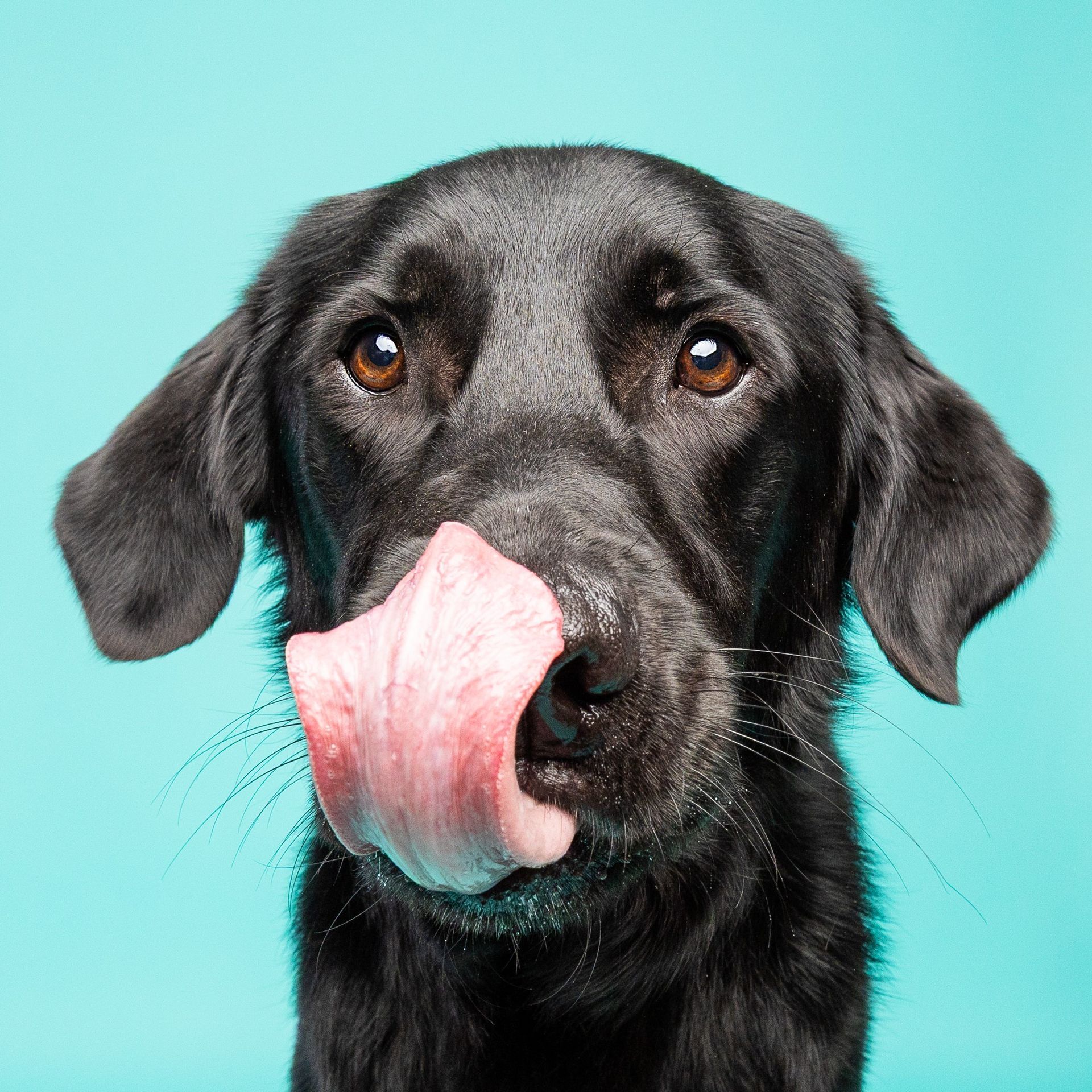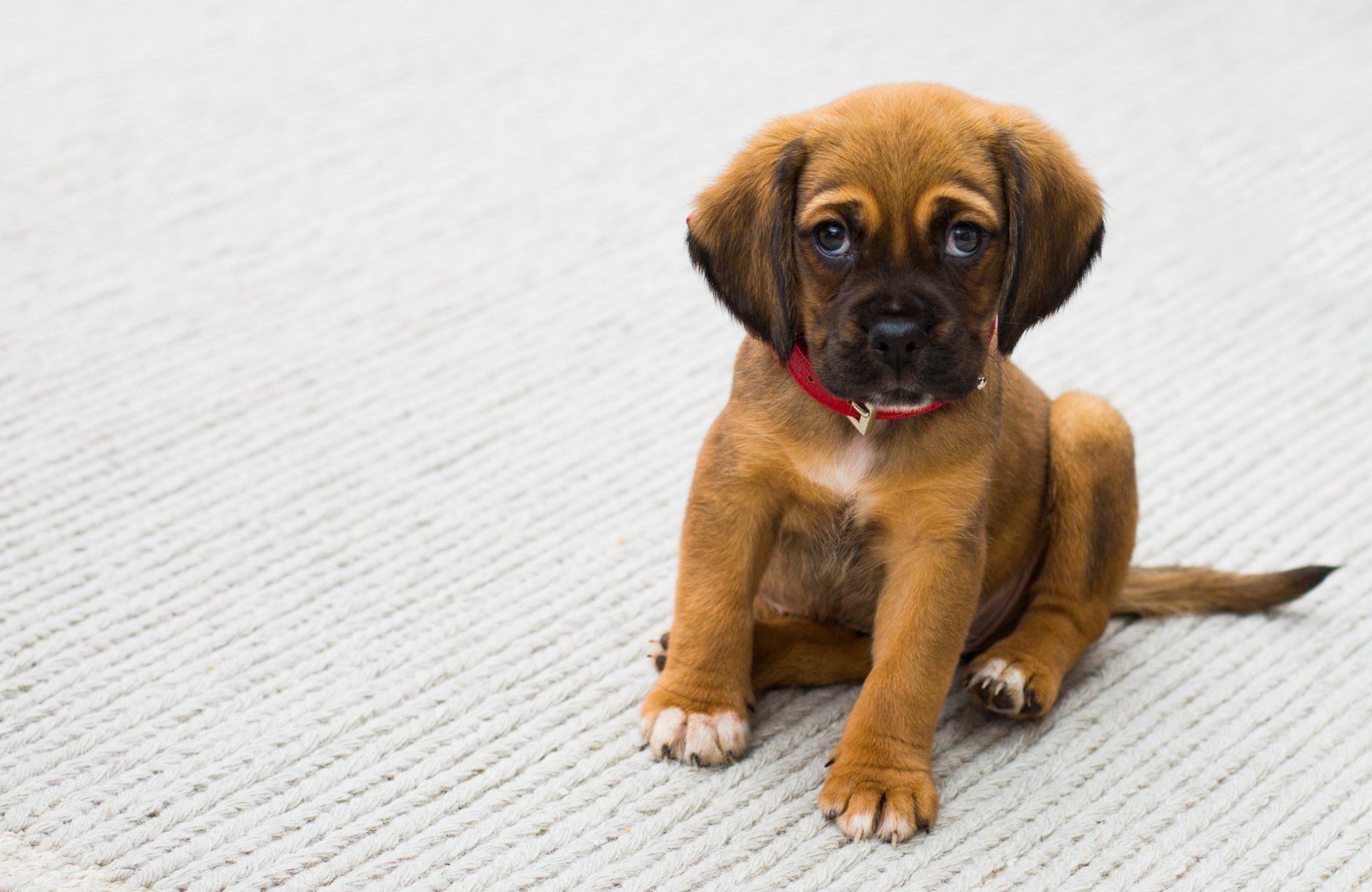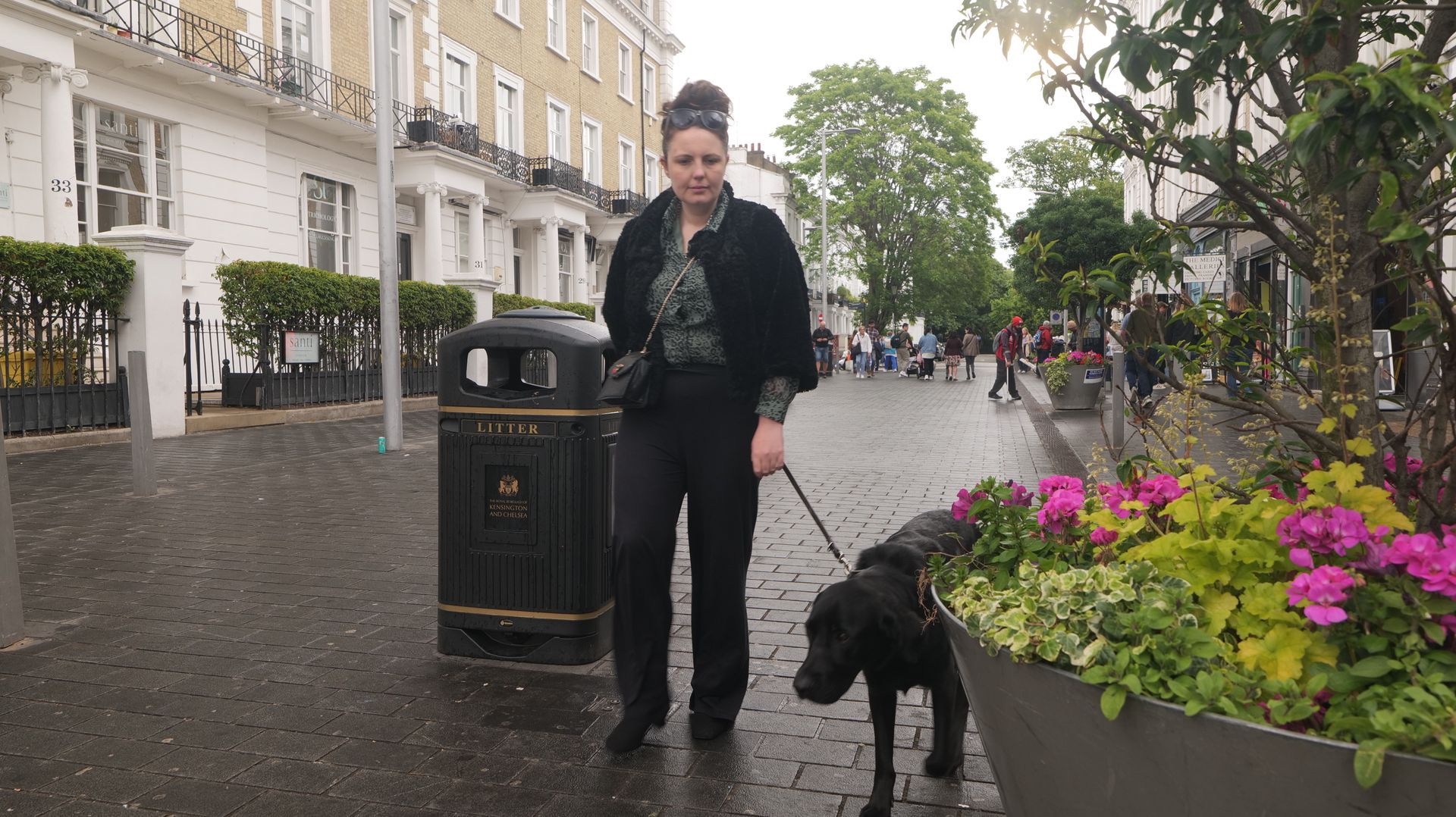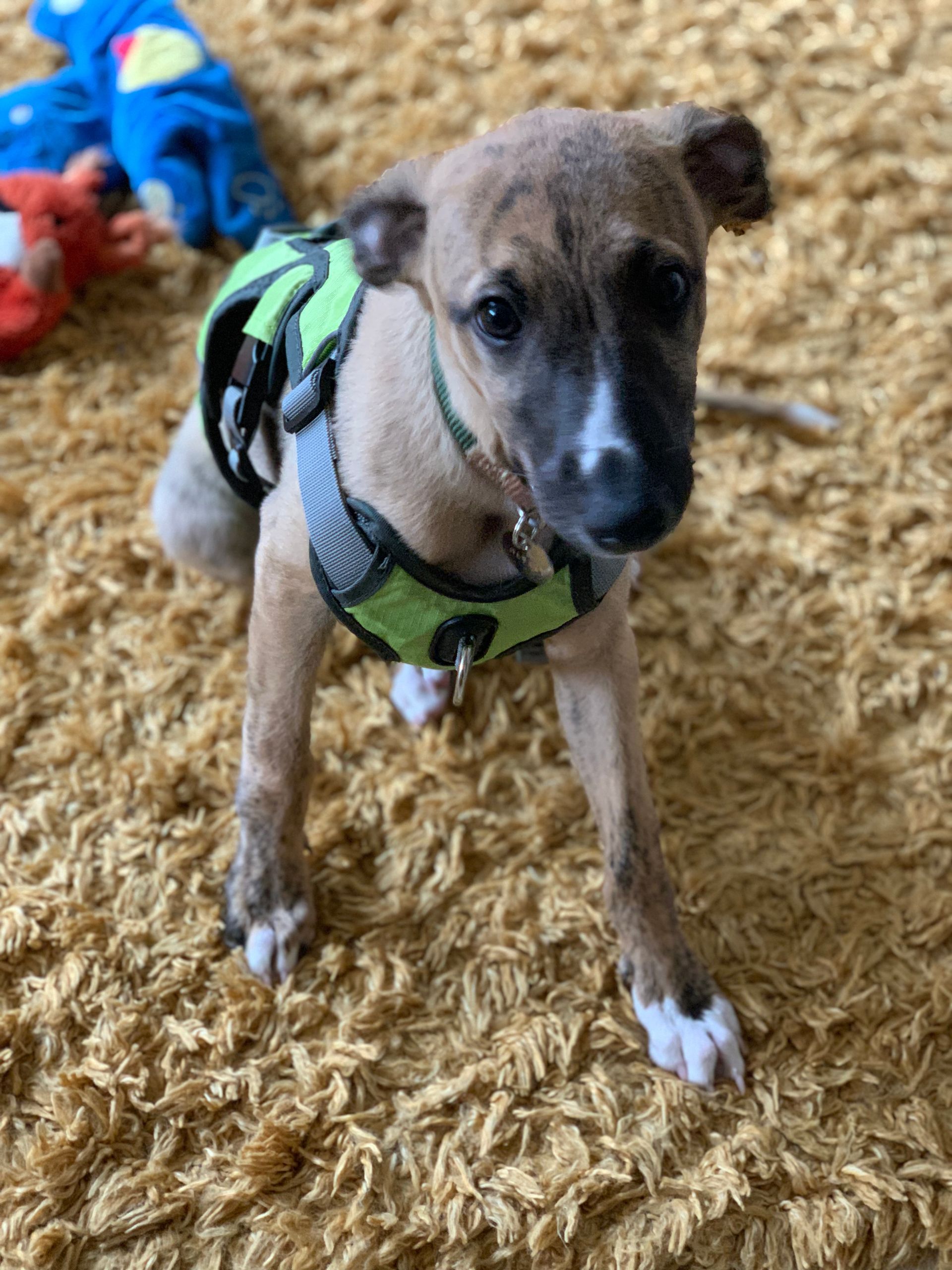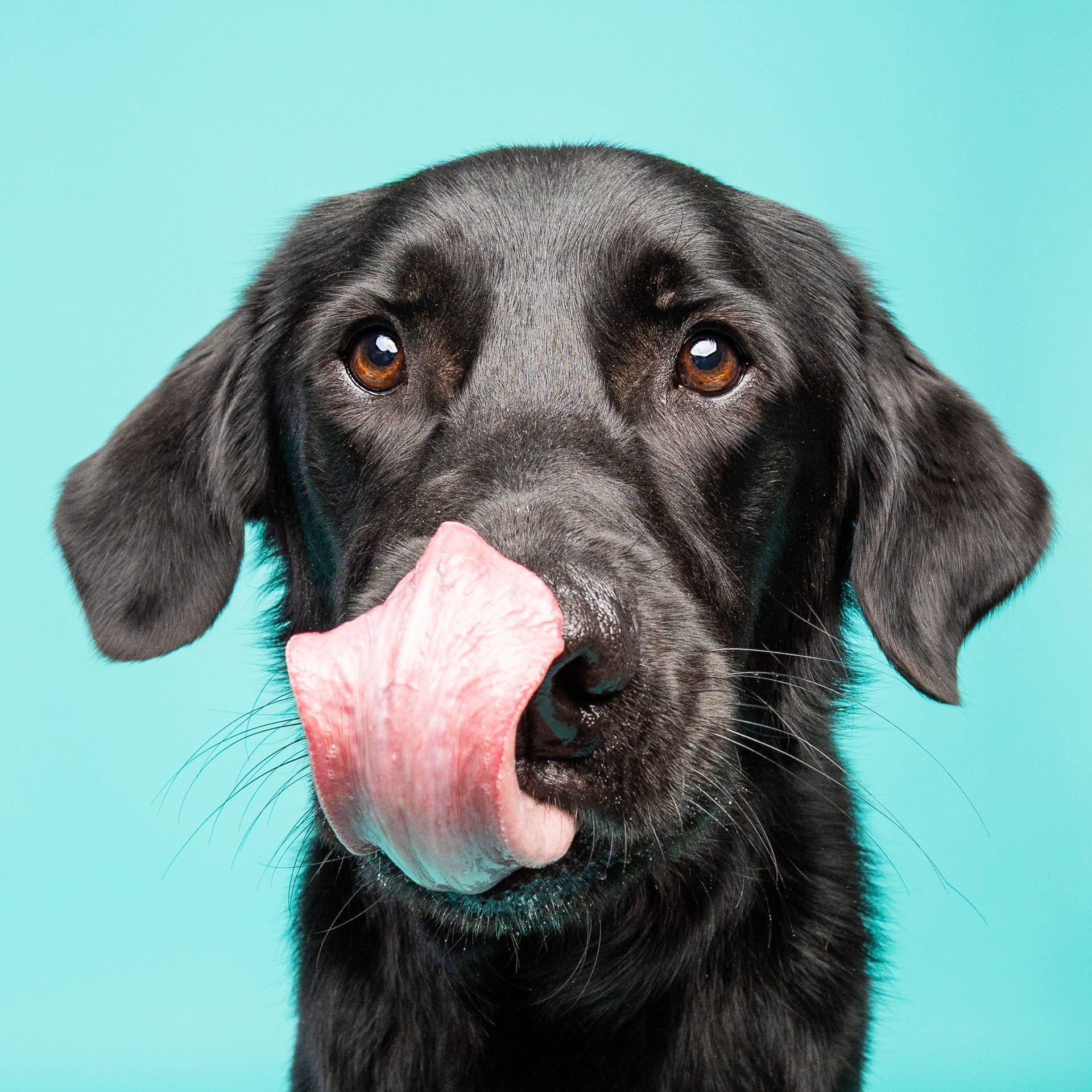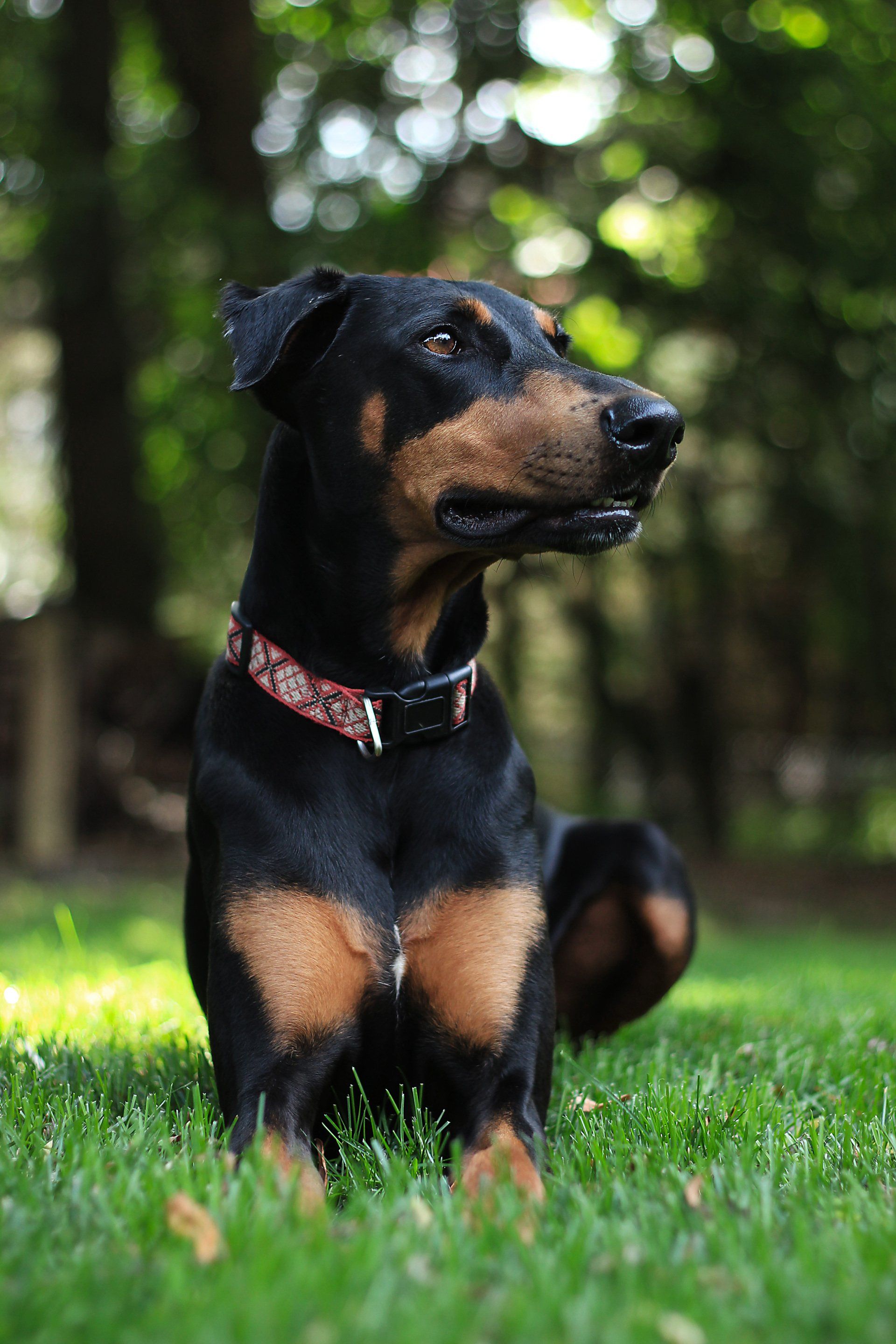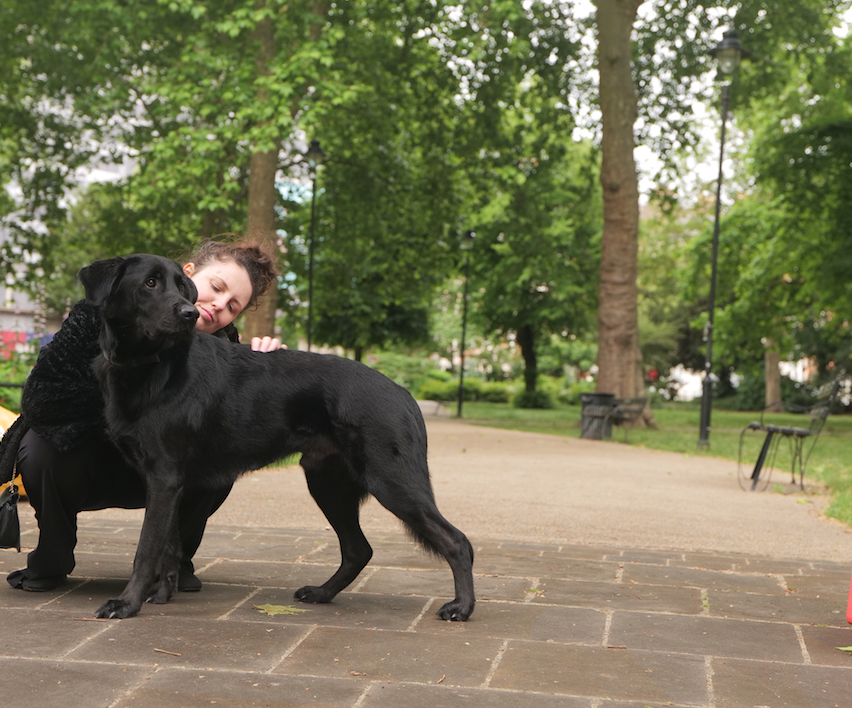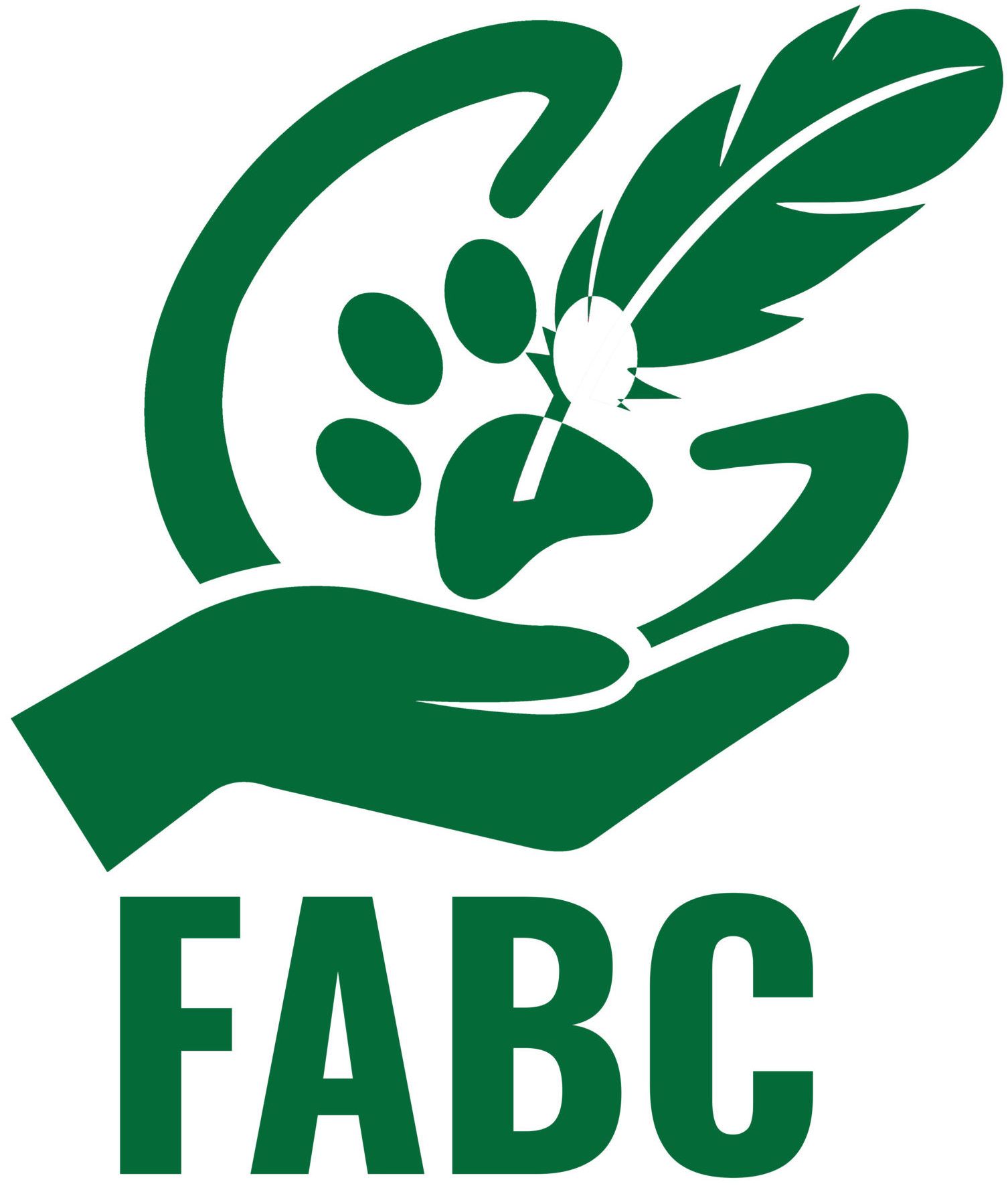Why do dog's lick?
Dog's can lick for many different reasons
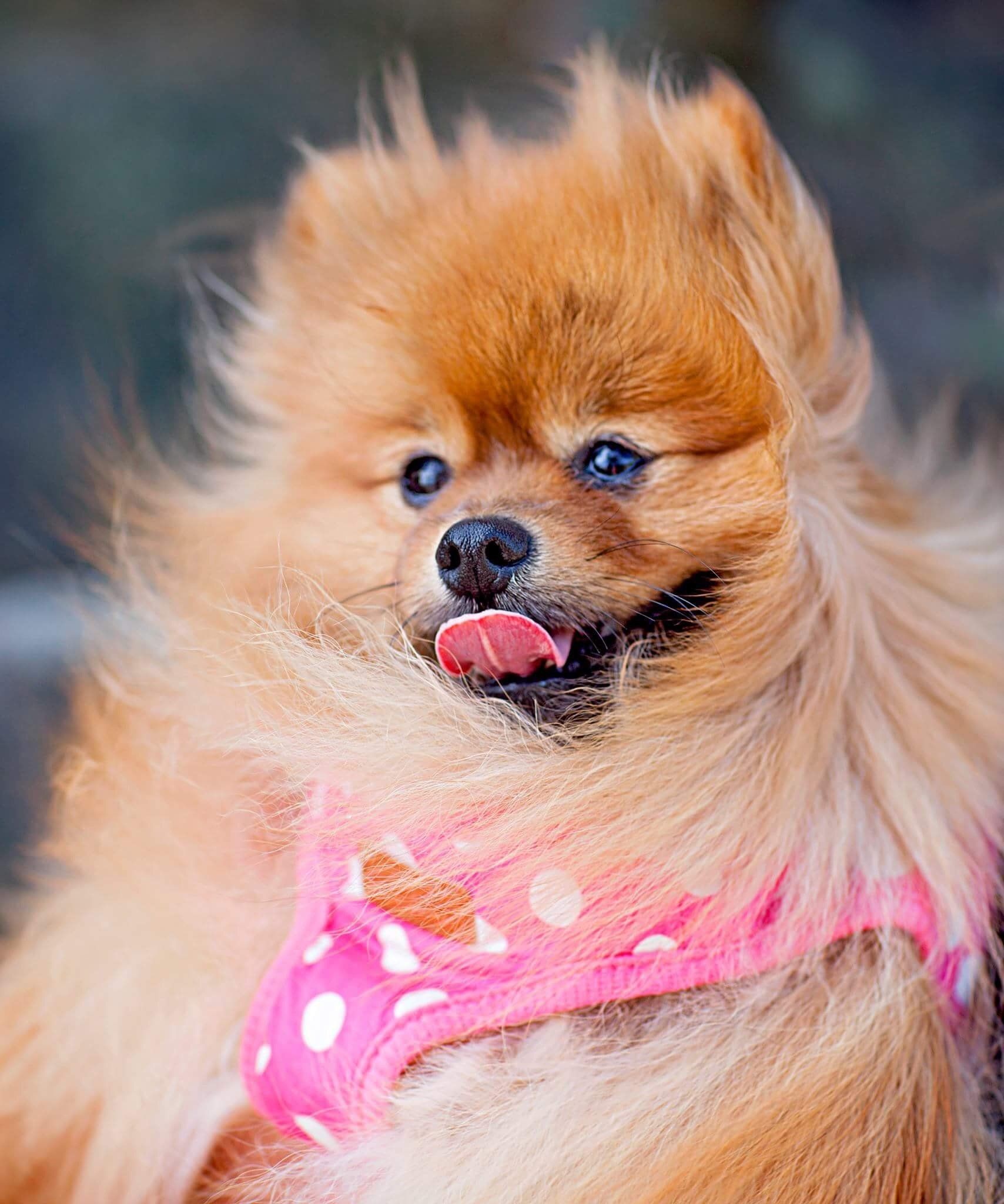
Why do dogs do it?
A dog will lick in different circumstances. They can be nervous, licking some food from their mouth too. Licking can be for various reasons.
Allergies
Pain would and any irritation and allergies would need to be ruled out by a vet and or vet/specialist. This can result in a dog licking a certain area.
Medical reasons
Sometimes licking surfaces can be an indicator of pain such as:
· Dental pain
· Gastrointestinal discomfort
· Canine cognitive dysfunction
Stereotypies/behaviour
This is a behaviour that is repetitive in performance (Garner, 2006). They can be rooted in medical reasons, a predisposition to the breed, learnt or promoted by the environment.
Compulsive behaviours can be descrbed as exaggereated and repetitive. (Mills, BSVA Manual). They can be the result of stress in a barren environment and frustration related behaviours such as not being able to do something they wish to do.
Acral licking is a behaviour in dogs that is a repetitive behaviour. It involves lesions on the dog skin that have arisen from sustained licking.
It is important not to punish a dog for this behaviour as it may increase the behaviour.
Enrichment
If you notice triggers that result in your dog scratching then you could give them something to do before they do it such as a food puzzle or kong wobbler.
The environment at home
Some dogs may learn to lick areas where crumbs have been dropped. They may repeatedly go back to these places to look for food! What gets repeated may get rewarded!
Maternal behaviour
Mother dogs (dam’s) will lick their puppies and provide other nursing behaviour. (Lezama-García et al., 2019).
As an emotional response
A study by Albuquerque and colleagues (2018) suggests that dogs lick faces that have negative expressions more than ones that have positive ones. Studies sugget that dogs can recognise human faces compared to blank ones.
Soothing
A licky mat (a square that has ridges and you pop food on) will allow a dog to engage in licking behaviour.
Training
You can train your dog to ‘give kisses’ you’d start by saying something such as ‘kisses’ just before they approach you and then give them a treat when they do lick you!
You can also train them to do something that it is incompatible with the behaviour of licking such as resting their head on their paws but this will need to be done in combination with other treatment. It would not be fair, wise or safe to just train a dog not to do it when they are still feel the emotions/ feel the itch. That does not get to the root of their problem.
With other dogs
Some dogs will lick another dogs face as it smells interesting from a walk.
Body language
A dog can lick their lip very swiftly if they are nervous. It is a quick response. Some dogs will do this if they are unsure about a situation and it may be be done in combination with moving away and yawning.
Family Paws Parent Education described the term ‘kiss to dismiss’ this is when a dog is feeling anxious in a situation and uses licking to diffuse the situation. In this video you can see the dog is feeling tense (it’s mouth is shut, it’s avoid intense eye contact – dogs stare at each other when they want to fight, and it has some tension in it’s forehead).
References
Albuquerque, Natalia et al. “Mouth-Licking by Dogs as a Response to Emotional Stimuli.” Behavioural processes 146 (2018): 42–45
Karina Lezama-García, Chiara Mariti, Daniel Mota-Rojas, Julio Martínez-Burnes, Hugo Barrios García & Angelo Gazzano (2019) Maternal behaviour in domestic dogs, International Journal of Veterinary Science and Medicine, 7:1, 20-30
Gaunet, F., 2010. How do guide dogs and pet dogs (Canis familiaris) ask their owners for their toy and for playing? Anim. Cognit. 13, 311–323. http://dx.doi.org/10.1007/ s10071-009-0279-z.
Miklósi, A., Polgárdi, R., Topál, J. et al. Intentional behaviour in dog-human communication: an experimental analysis of “showing” behaviour in the dog. Anim Cogn 3, 159–166 (2000).
Tynes, Valarie V. "Help! my dog licks everything: although many owners think it is simply annoying, excessive licking can harm a dog or be a sign of medical problems. learn to identify the causes of repetitive licking in dogs and how to treat it, so you are ready the next time owners bring up the issue." Veterinary Medicine, vol. 103, no. 4, Apr. 2008, pp. 198,

